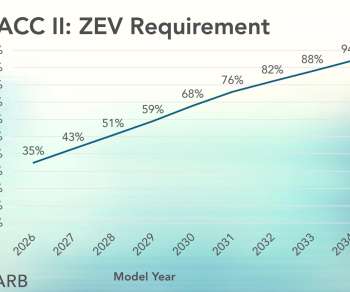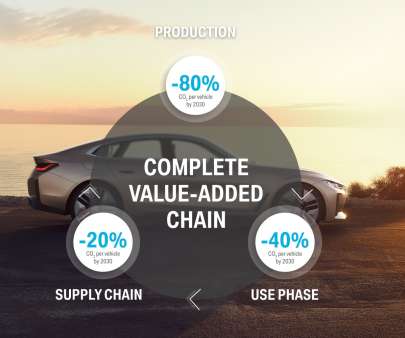California ARB approves ACC II rule; 100% of LDVs to be PHEVS, ZEV by 2035; LEV IV emissions requirements
Green Car Congress
AUGUST 26, 2022
It does not impact existing vehicles on the road today, which will still be legal to own and drive. Plug-in hybrid, full battery-electric and hydrogen fuel cell vehicles count toward an automaker’s requirement. Staff is also proposing new rules that will clean up or eliminate the highest-emitting vehicles in the fleet.














Let's personalize your content